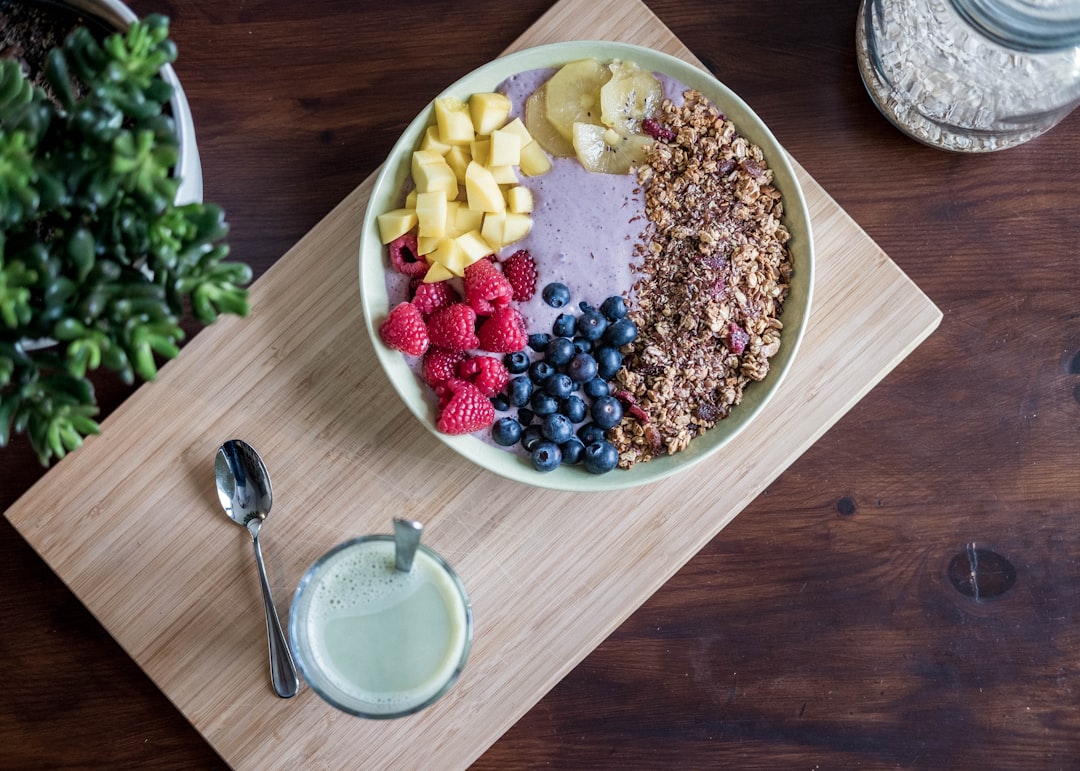7 Benefits of Going Vegan
Going vegan is perhaps one of the most important decisions a person can make in his or her entire life.

Going vegan is perhaps one of the most important decisions a person can make in his or her entire life. Adhering to a vegan lifestyle would mean not consuming animal meat and even foods that are produced by animals such as eggs, dairy, or even honey.
Likewise, the use of clothes, soaps or other personal or household products with traces of animal ingredients, in any form, is strictly prohibited in this kind of diet. Some people adapt a vegan lifestyle due to spiritual and health reasons, while some are vegans as a way to support compassion to animals.
According to a 2016 survey, around 2.5 percent of Americans follow a vegan lifestyle. For starters, a vegan diet consists exclusive consumption of plant-based foods. While any kind of meat is prohibited in a vegan diet, most vegans consume tofu or mushrooms as meat alternatives, as well as potatoes, eggplant, lentils, cauliflower, nuts, and beets.
Veganism is different from vegetarianism because the latter does not require meat consumption but allow dairy products and eggs in the diet, while the former consumes no animal produce at all.
Veganism can be challenging at first and food options should be carefully planned to avoid compromising nutritional intake. Aside from that, following a vegan diet can bring about positive benefits for our health. Among these are the following:
1. Has a significant amount of nutritional value

Photo by Anna Pelzer / UnsplashA balanced vegan diet can contain more nutrients, minerals, and vitamins that are helpful for our overall health. As mentioned earlier, animal meat is not consumed in a vegan diet. However, there are meat alternatives that are vegan-friendly and could provide protein and iron source such as nuts, seeds, grains, beans, broccoli, and raisins, to name a few.
2. Boosts our mood

Photo by Lesly Juarez / UnsplashAccording to research, vegans and vegetarians have a lower risk of having depression and mood swings as compared to meat-consuming individuals. Perhaps the reason for this is due to the freshness of most plant-based dishes that can affect our way of thinking.
3. Helps prevent diseases

Photo by Jenny Hill / UnsplashVegan foods mostly contain less saturated fat, which can help reduce the risk of heart disease. Likewise, a vegan diet also contains high amounts of fiber, antioxidants, and other nutrients that can help prevent diseases such as diabetes, cancers, constipation, and kidney problems, to name a few. Plus, it’s less likely that most vegan foods are processed, thus ensuring freshness because they’re organic.
4. Aids in weight loss

Photo by Jannis Brandt / UnsplashMost people want to lose weight, and going vegan is one healthy way to do it. A vegan diet consists of low-calorie foods and can help aid in your digestion, such as grains, nuts, fruits, and vegetables.
5. Improves skin and bone health

Photo by Harlie Raethel / UnsplashApparently, vegans have better skin due to the abundant amounts of vitamin C and collagen present in most vegan foods. In addition, kale, spinach, and turnip greens are an excellent source of calcium, the same nutrient dairy products such as milk and cheese can provide. Because these are animal-based products, many dairy alternatives are available such as soy milk, almond milk, and vegan cheese.
6. Lessens migraine attacks

Photo by Asdrubal luna / UnsplashIt is said that migraines are often triggered by the food we eat, with chocolates and cheese among the main culprits. On the other hand, a vegan diet can help reduce the risk of having migraine attacks.
7. Prolongs life

Photo by Wolf Schram / UnsplashAccording to a 2016 study, there was a “2 percent increase in the risk of death for every 10 percent increase in calories obtained from animal protein,” as mentioned in an article on MedicalNewsToday.com. In other words, eating animal meat can put you at higher risk of premature death. On the contrary, going vegan can ensure long life and good health in the years to come.
If you are thinking of going vegan now, it is best to ask your doctor first whether there’s a need to take supplements or consume more fortified foods. We all have our reasons for adapting a vegan lifestyle; but nevertheless, respect for life, good health, and environmental awareness should be top of mind.
ActiveMan — Make Your Move
The Modern Guide to Men’s Health, Fitness & Lifestyle.





